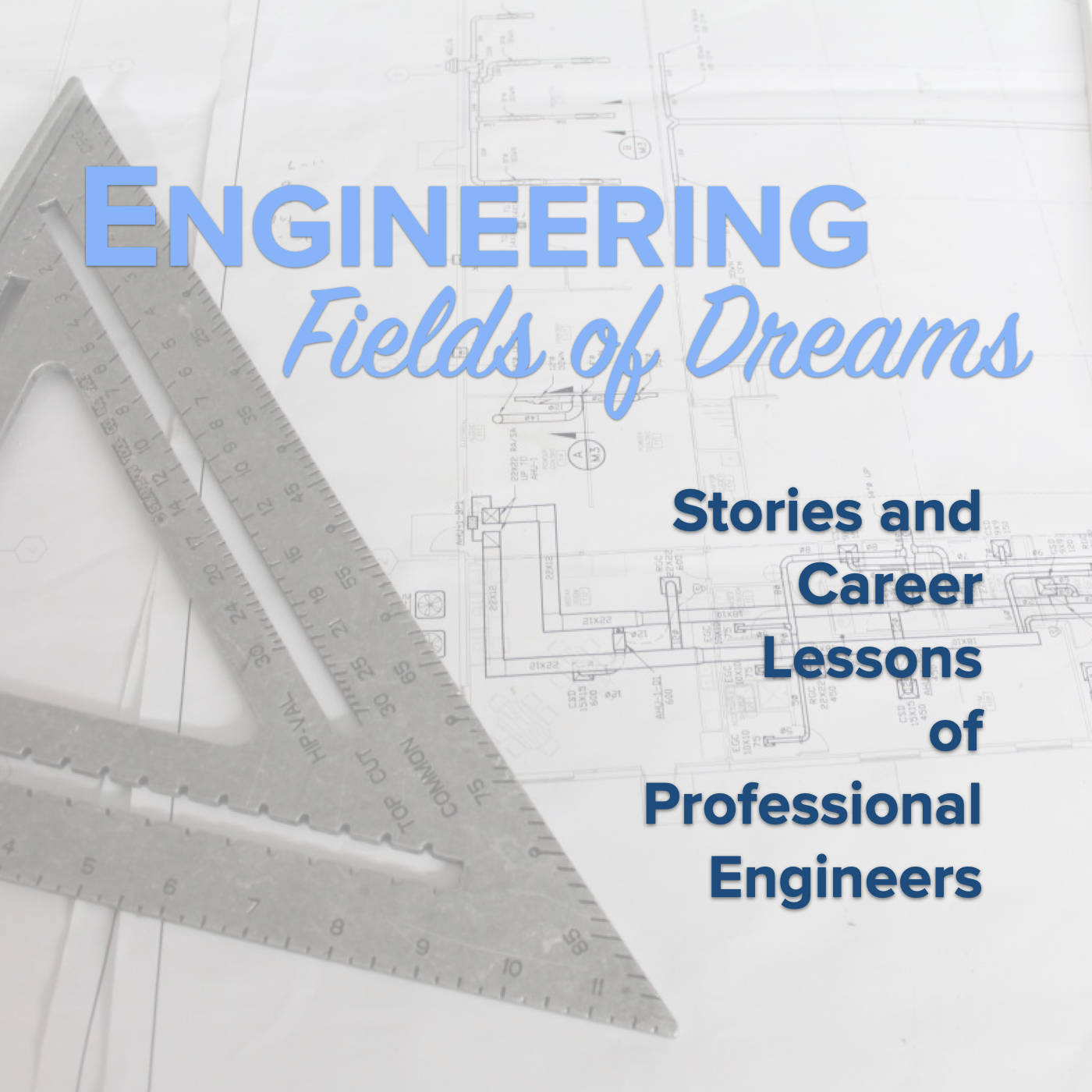Episode: Digging into Opportunities
In this episode Julia Potter, co-director of the Geotechnical Center of Excellence at the University of Arizona, shares how a chance encounter with geology led her to a rewarding and challenging career in geotechnical engineering. From her experiences in different mining environments worldwide to her current role at the University of Arizona, Julia provides a candid account of the joys and challenges of working in a male-dominated field. Julia provides practical advice for students and early-career professionals on the importance of communication and networking in engineering. She emphasizes the value of joining professional associations, finding mentors, and building a supportive community in the industry. Furthermore, Julia shares her experiences and lessons learned from navigating diverse cultures and biases. Despite initial hurdles, she discusses how focusing on science, proving her technical skills, and treating people with respect allowed her to break down barriers and earn her colleagues' respect.

